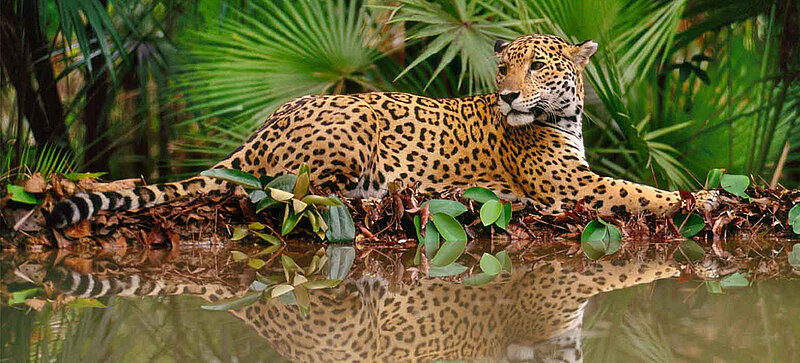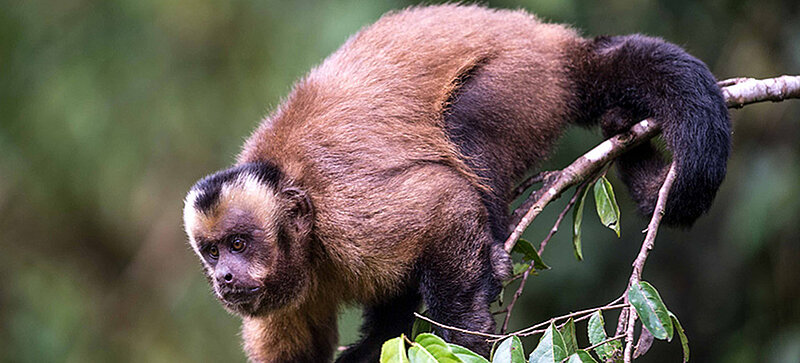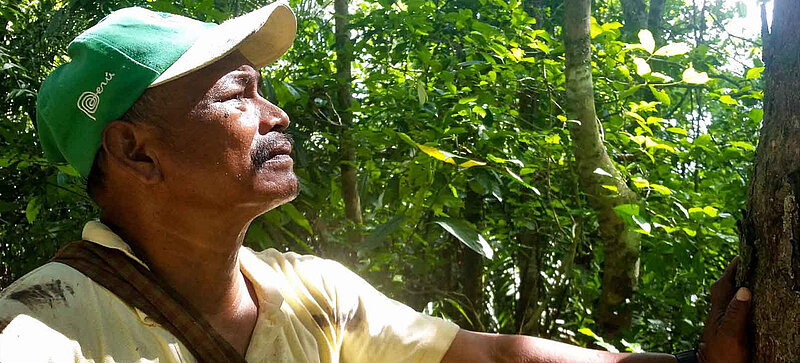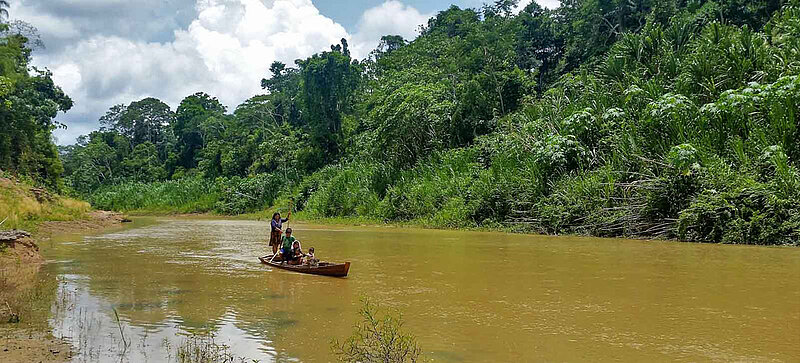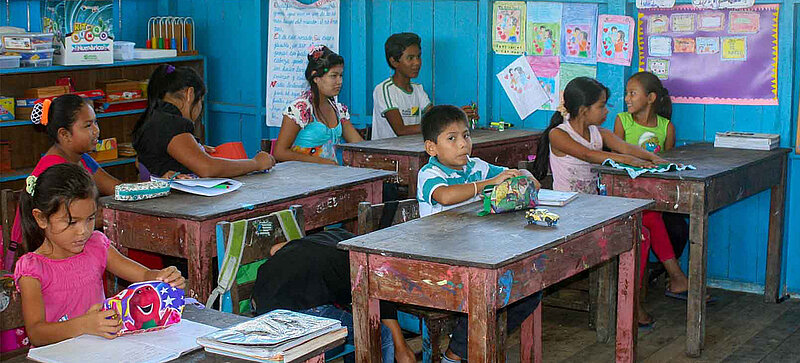CERTIFIED AIR CUSHIONS MEAN VALUING THE ENVIRONMENT
We work intensively to reduce the emissions of our products. However, it is not possible to avoid all emissions during production and shipment. Therefore, we work together with ClimatePartner to measure and reduce the carbon footprint. For the remaining CO2 emissions of the AIRplus® Bio Home Compostable and AIRplus® 100% Recycled air cushions, Storopack supports climate projects. We are currently working on the definition and implementation of ambitious CO2 reduction targets. Therefore, we steadily work on good and sustainable product design and on conscious decision-making such as the procurement of low emission raw materials. The “ClimatePartner certified” label confirms this process.
Further information can be looked up on the respective Climate ID pages for our products:
BENEFITS AT A GLANCE
- Certified: we measure and reduce CO2 emissions resulting from the production and shipment of AIRplus® Bio Home Compostable and AIRplus® 100% Recycled
- Supporting: we participate in impactful climate projects in collaboration with ClimatePartner
- Dedicated: we support climate projects to restore forests and protect the habitat of wild animals
- Committed: the ClimatePartner certification and the reduction of the carbon footprint are just one step in the long-term company-wide sustainability strategy
- Several options: AIRplus® Bio Home Compostable and AIRplus® 100% Recycled air cushions are ClimatePartner certified
Forest protection project in the Amazon region of Madre de Dios, Peru
We support the forest conservation project in the endangered Amazon region of Madre de Dios in Peru. The region is one of the largest and most biologically diverse areas in the world. It is home not only to endangered species of flora and fauna, but also to several indigenous peoples.
Forests are crucial CO2 reservoirs and are home to enormous biodiversity, which is important for the survival of all people. In recent decades, however, global forest areas have declined sharply due to settlement, agricultural use, illegal logging and the extraction of raw materials. Forest conservation projects ensure that forests are preserved in the long term and that their protection is more valuable than their deforestation. The climate protection project in the Amazon region of Madre de Dios protects an area of 100,000 hectares and supports the local communities in managing it sustainably.
The climate project in Rimba Raya protects the habitat of Indonesia's critically endangered orangutans.
Until 2024, we also supported Rimba Raya in Indonesia, a project which is dedicated to restoring forests and creating additional habitat for wild animals. Consisting of 64,000 hectares of forest, the Rimba Raya Biodiversity Reserve in southeastern Borneo is home to some of the endangered Borneo orangutans and serves as a buffer zone between palm oil farms and Tanjung Puting National Park. This project reduces greenhouse gas emissions by an average of 3.5 million metric tons of CO2 annuallyand has been verified by the Sustainable Development Verified Impact Standard (SD VISta) and AENOR as a contributor to all 17 of the United Nations’ Sustainable Development Goals.
Photo Copyright: Forest protection, Peru, Madre de Dios, climatepartner.com/1057
VIDEOS
Storopack UK Limited
8 Julian Road, Roman Ridge Industrial Estate
S9 1FZ Sheffield
T +44 (0)114 249 2004




